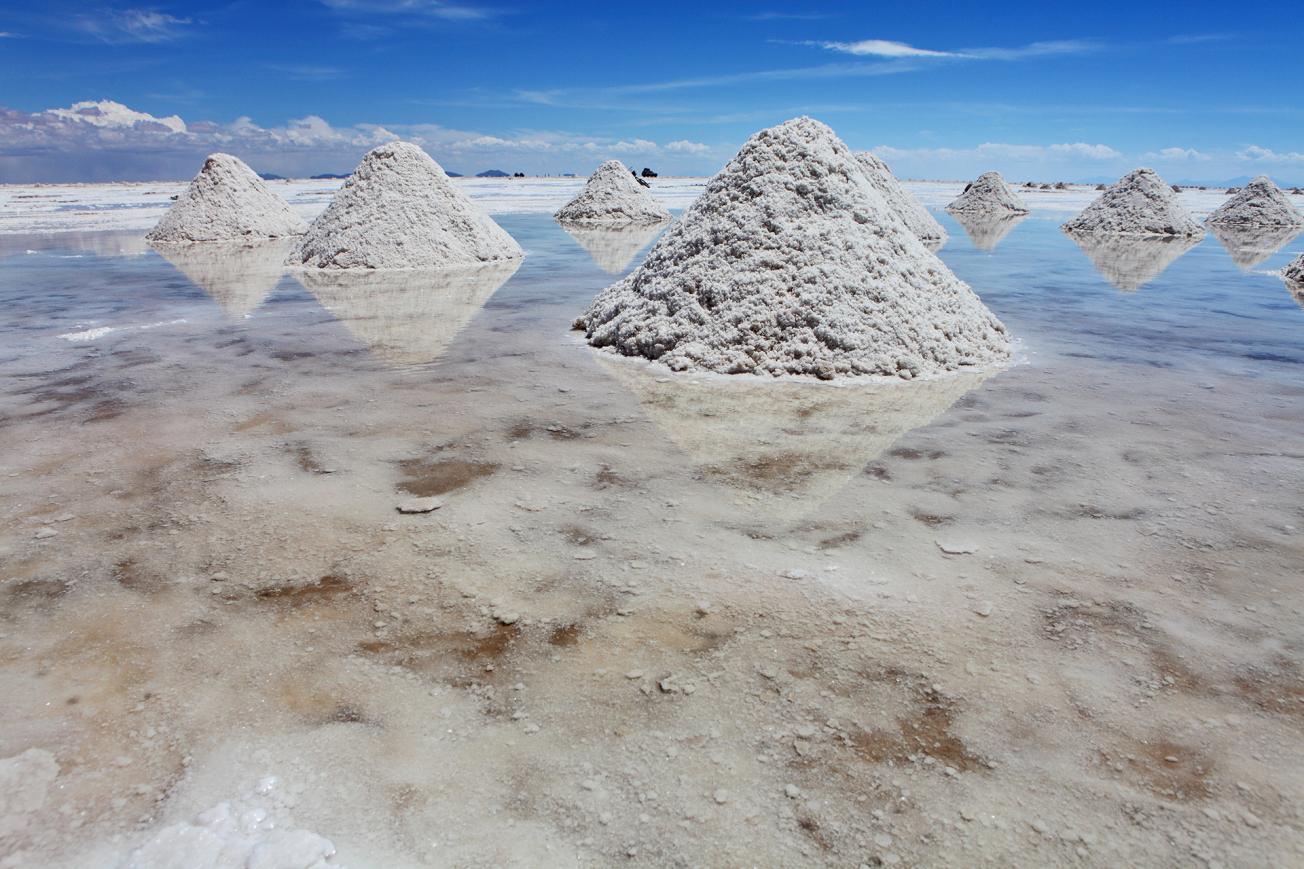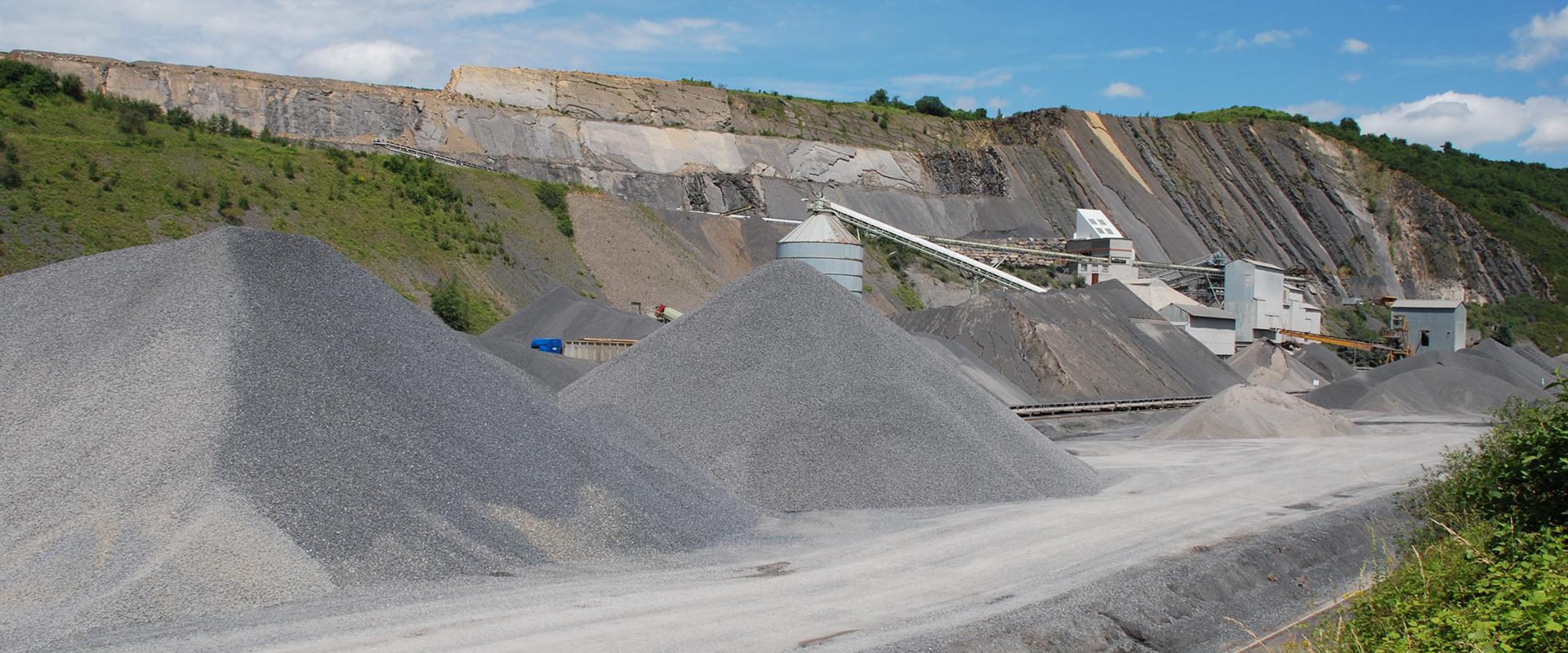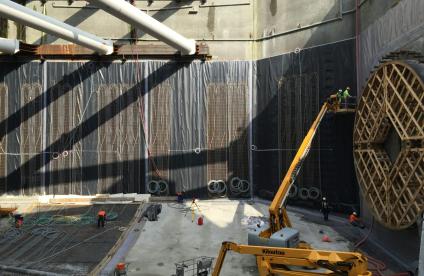
Piles of salt in the Uyuni Salt Salt Flat, salt desert and the world's largest lithium deposit (Bolivia, 2012).
© Vladimir Melnik – Fotolia
Pierre Toulhoat, the BRGM's deputy managing director, took part in a working group set up by the Academy of Science and the Academy of Technology to investigate uses of subsoil resources to support the energy transition.
The working group has just issued an advisory report for the public authorities with a view to the possible use of rare metal resources in the subsoil and below the sea bed in mainland and overseas France.
Uncertainties over supplies of mineral raw materials for the energy transition
The energy transition raises a great many uncertainties over supplies of raw materials that are essential to the production of renewable energy, to new energy uses (electric cars for example) and to energy storage. Worldwide demand for raw materials is surging, whether for traditional materials (steel, concrete, copper, etc.) or materials that were little used until now (rare metals).
This trend concerns both developed and developing countries and is liable to destabilise prices, could cause certain producers to monopolise supplies and encourage bad mining practice in some countries.
Recommendations with a view to extracting rare metals in France
The report from the Academy of Science and the Academy of Technology reviews need for materials to support France's energy programme. Although supply scarcities are unlikely, tensions over prices - which could have negative consequences for France's economy - must be anticipated.
Both academies consider that the energy transition can be an opportunity to develop research and the extractive and new energy industries in France. In line with this view, the reports sets out the following recommendations:
- anticipate tensions;
- ensure sound knowledge of French resources;
- support the energy transition with appropriate technologies,
- draw benefits for industry from commitment to the energy transition,
- adapt the legislative and regulatory framework.
BRGM expertise on mineral resources
The BRGM monitors developments in minerals worldwide and is in the frontline of research on flows and stocks of strategic metals in France and Europe.
To contribute to the security of supplies, its work addresses all aspects of knowledge on raw materials and their management (economics, assessments of reserves, substance life cycles, expert site studies, process management).
As an international promoter of the "responsible mining" concept, it develops new, less intrusive and more environmentally compatible methods for mineral prospecting and processing.
Criticality studies on strategic metals
Since 2010, the BRGM has been producing monographs and criticality files on potentially strategic metals for the French economy for the Ministry in charge of mining and raw materials. These documents are available from the French Minéralinfo portal for data on non-energy mineral resources. The studies also provided material for the Position Paper on the criticality of metals for the French economy, issued by the Comes (Strategic Metals Committee), of which the BRGM is a member.
As the national geological survey, the BRGM also took part in a forward study on critical materials, conducted with the WMF (World Materials Forum), Mc Kinsey and CRU Consulting, and presented in June 2018 during the 4th edition of the WMF.







